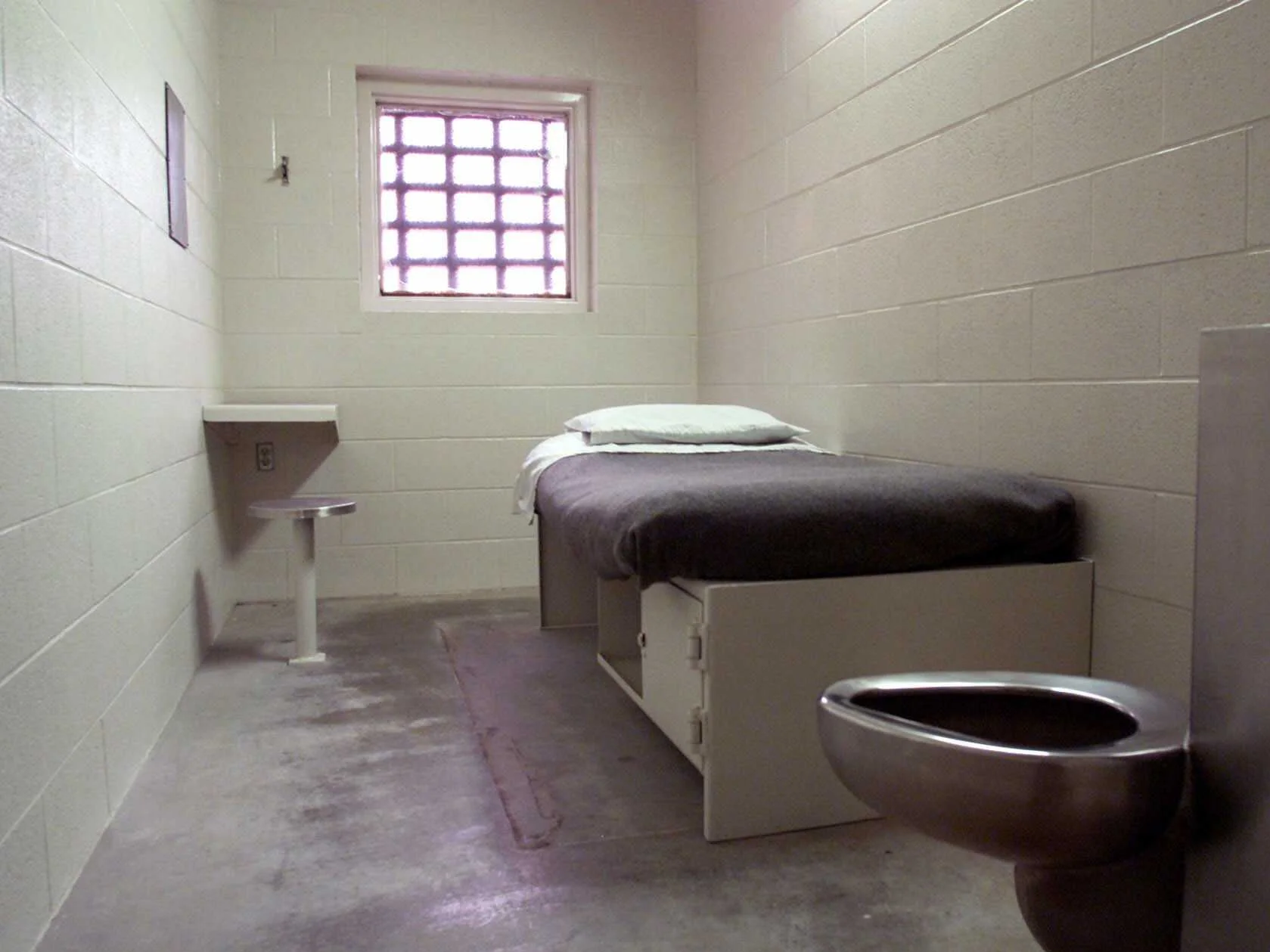Interdiction
In Virginia, sometimes “just being near alcohol can land you in jail.”
Virginia retains on its books an arcane law called “interdiction,” which allows courts to label people “habitual drunkards,” often after they’ve committed alcohol-related crimes. The decision to declare someone a “habitual drunkard” happens at a civil hearing, where the person isn’t entitled to an attorney to help fight the allegations, and sometimes when the person isn’t even present. Once “interdicted” and branded a “habitual drunkard,” it’s a class one misdemeanor to purchase, consume or possess alcohol. That means that every instance of purchasing, possessing or being under the influence of alcohol can result in up to a year in jail.
The law almost exclusively affects persons who are homeless or have unstable or marginal housing. Alcoholics who aren’t homeless are almost never interdicted. The majority of the people affected are minorities, and of course almost all of them are very poor. Although many interdicted persons suffer from alcoholism, nothing about the statutory scheme promotes or is geared toward alcohol treatment—the law is strictly punitive. It’s simply an “anti-vagrancy” measure; a way to sweep “undesirables” off of the street and into jail cells.
As the Legal Aid Justice Center puts it, “[interdiction] just seems really ancient. Alcohol is legal for all of us, except for these people who have been deemed undesirable by the district attorneys.” Unjust laws shouldn’t persist simply because the persons affected have no one to advocate for them. Now is the time to remove interdiction from the Virginia Code.

